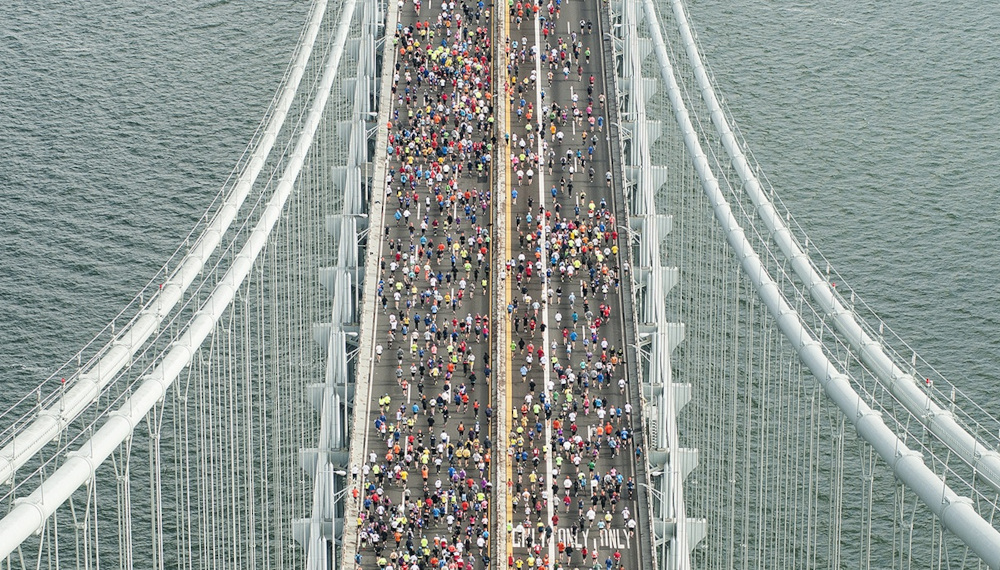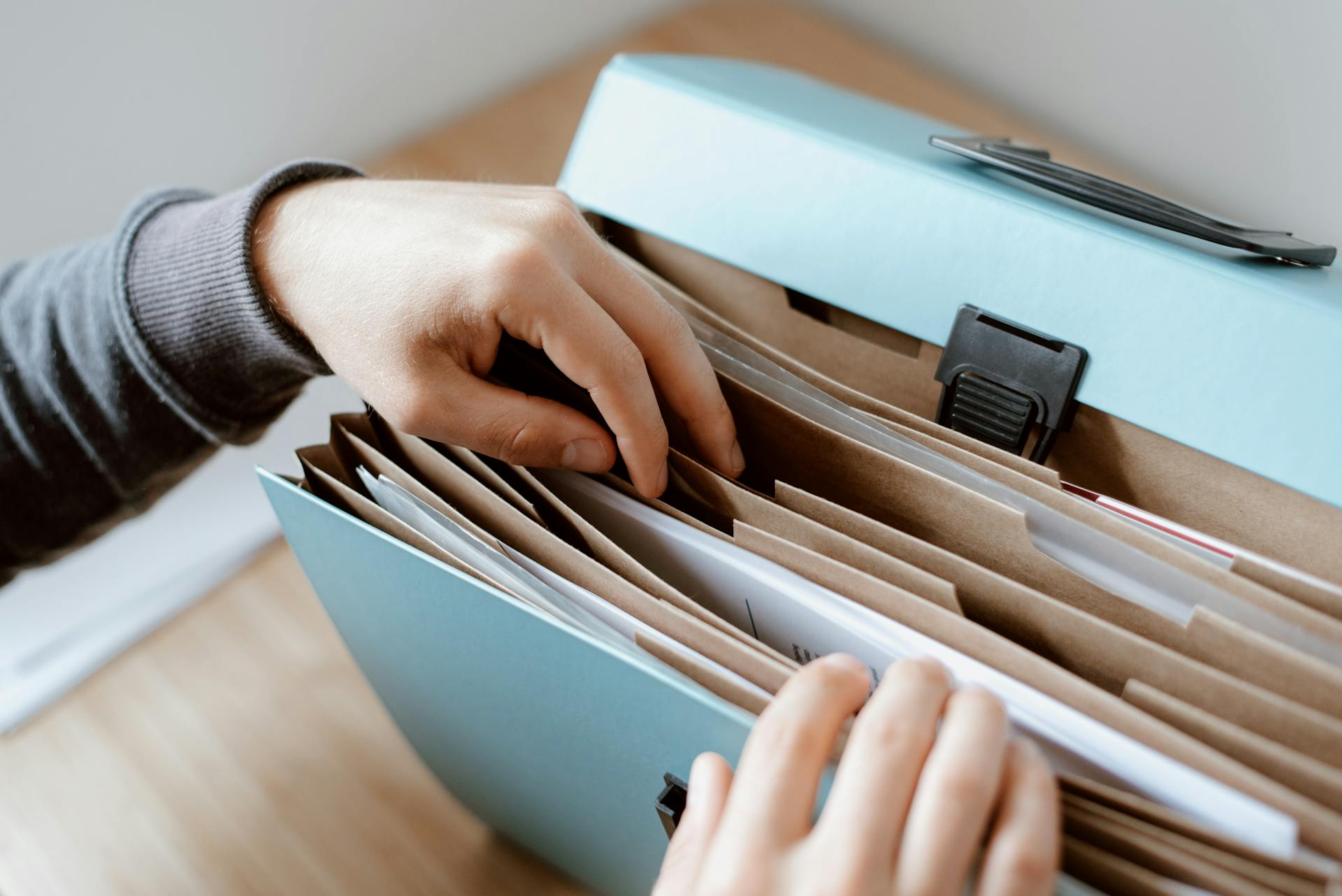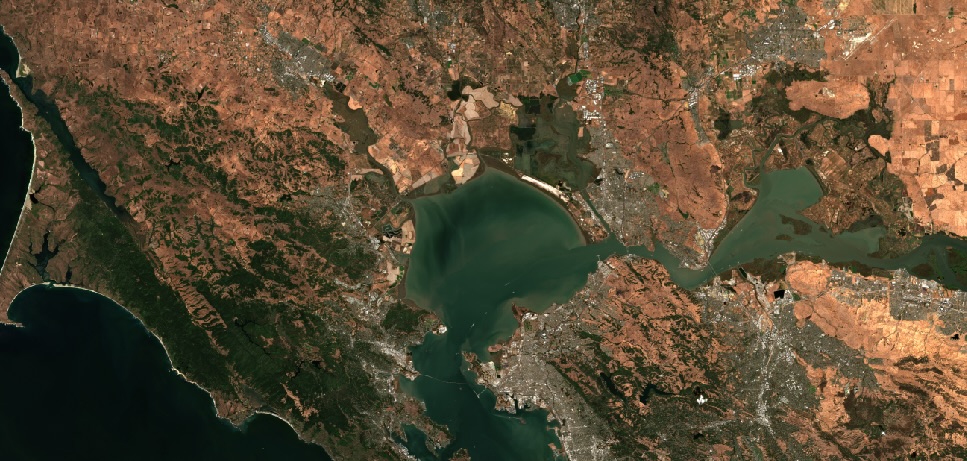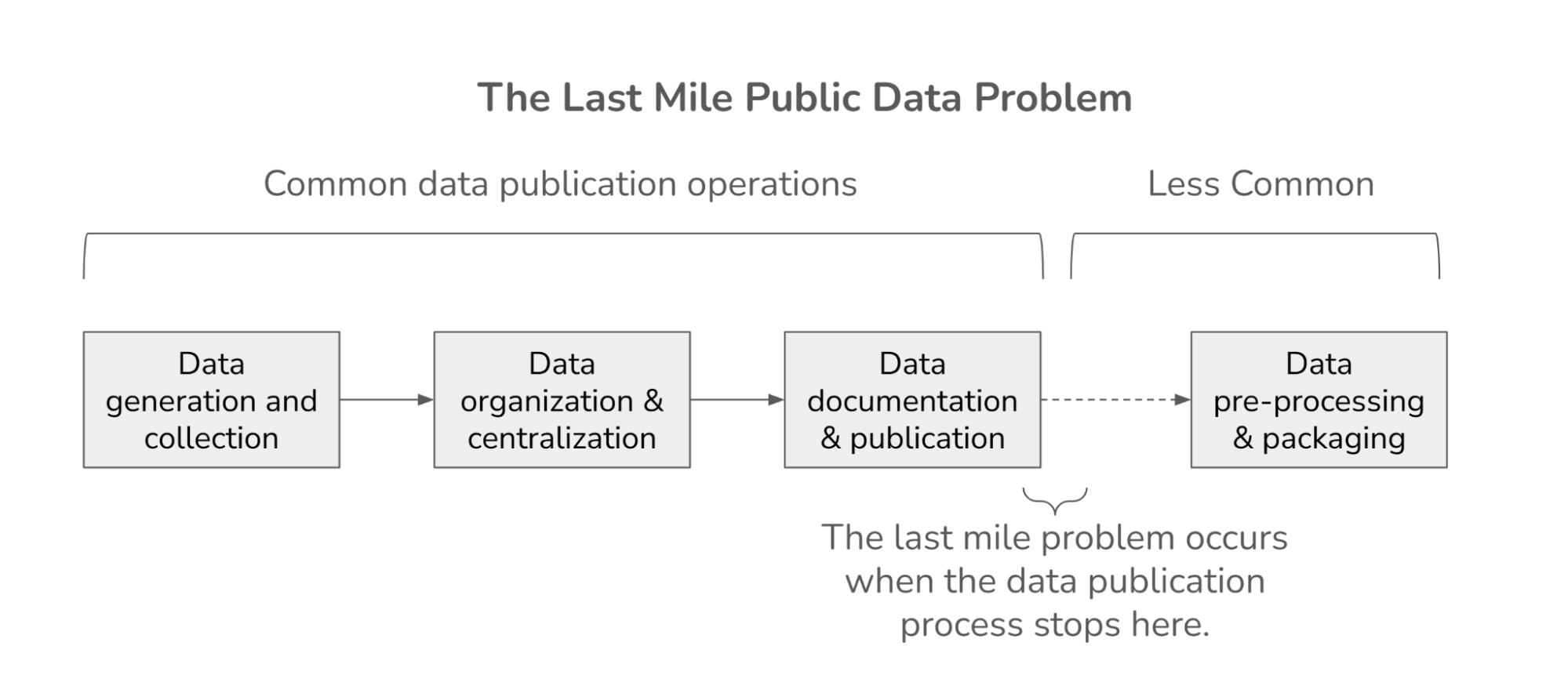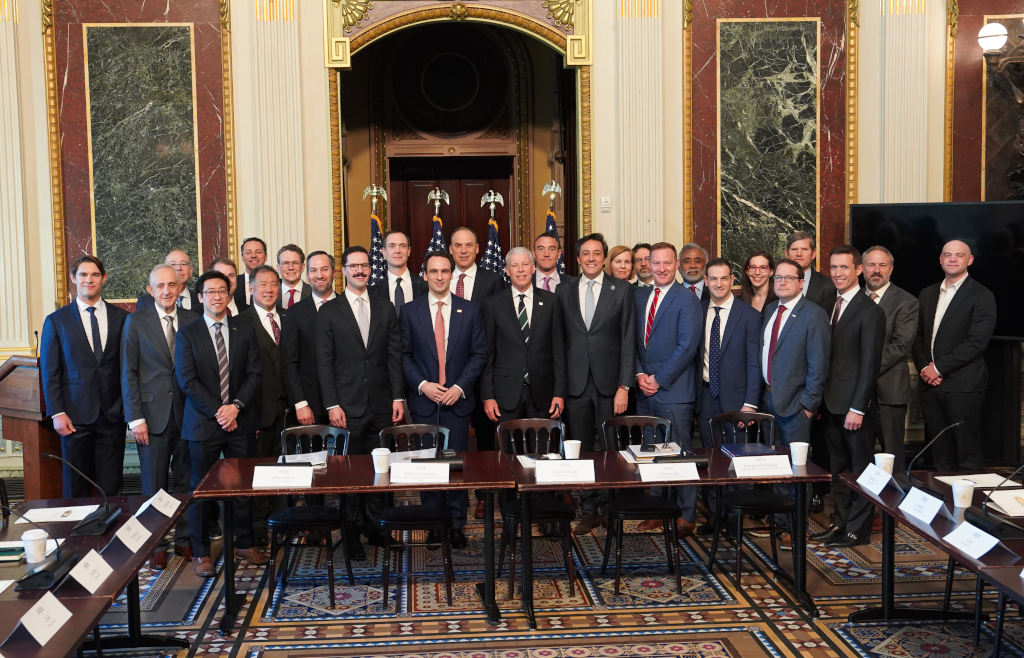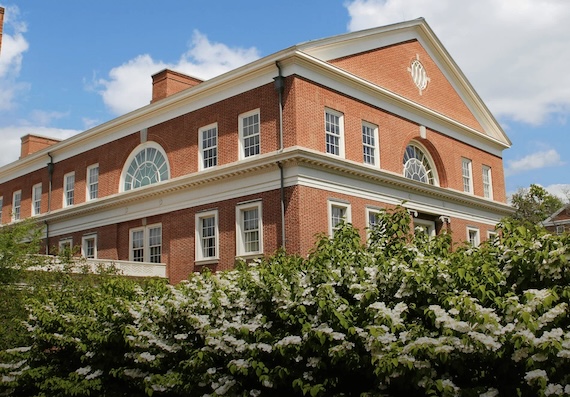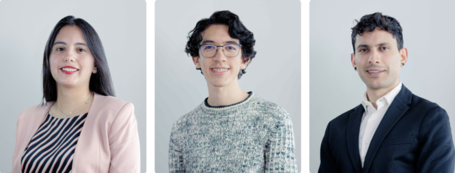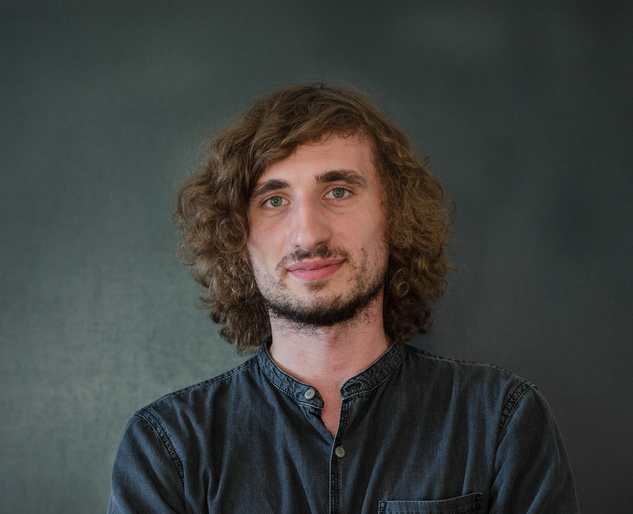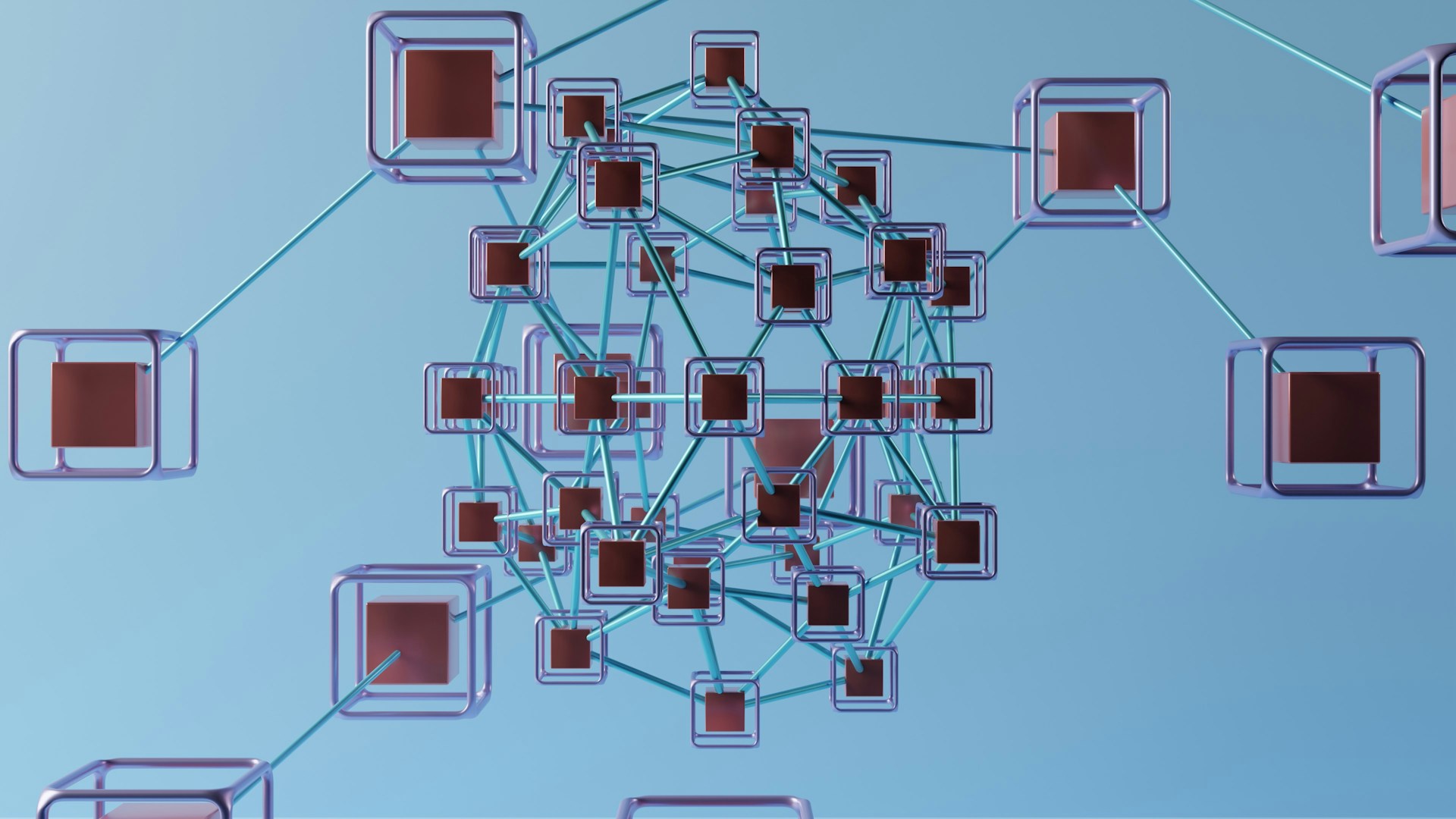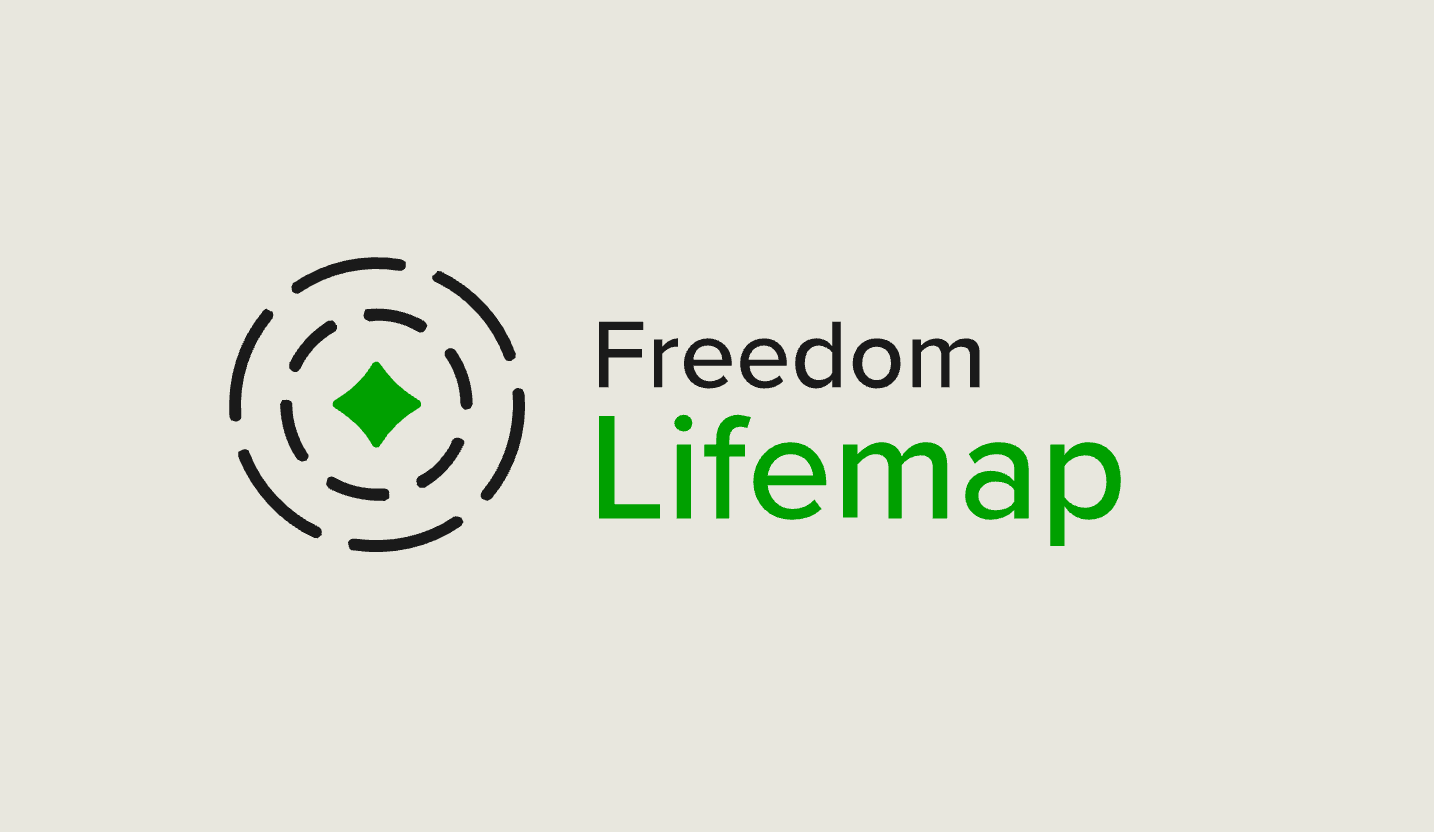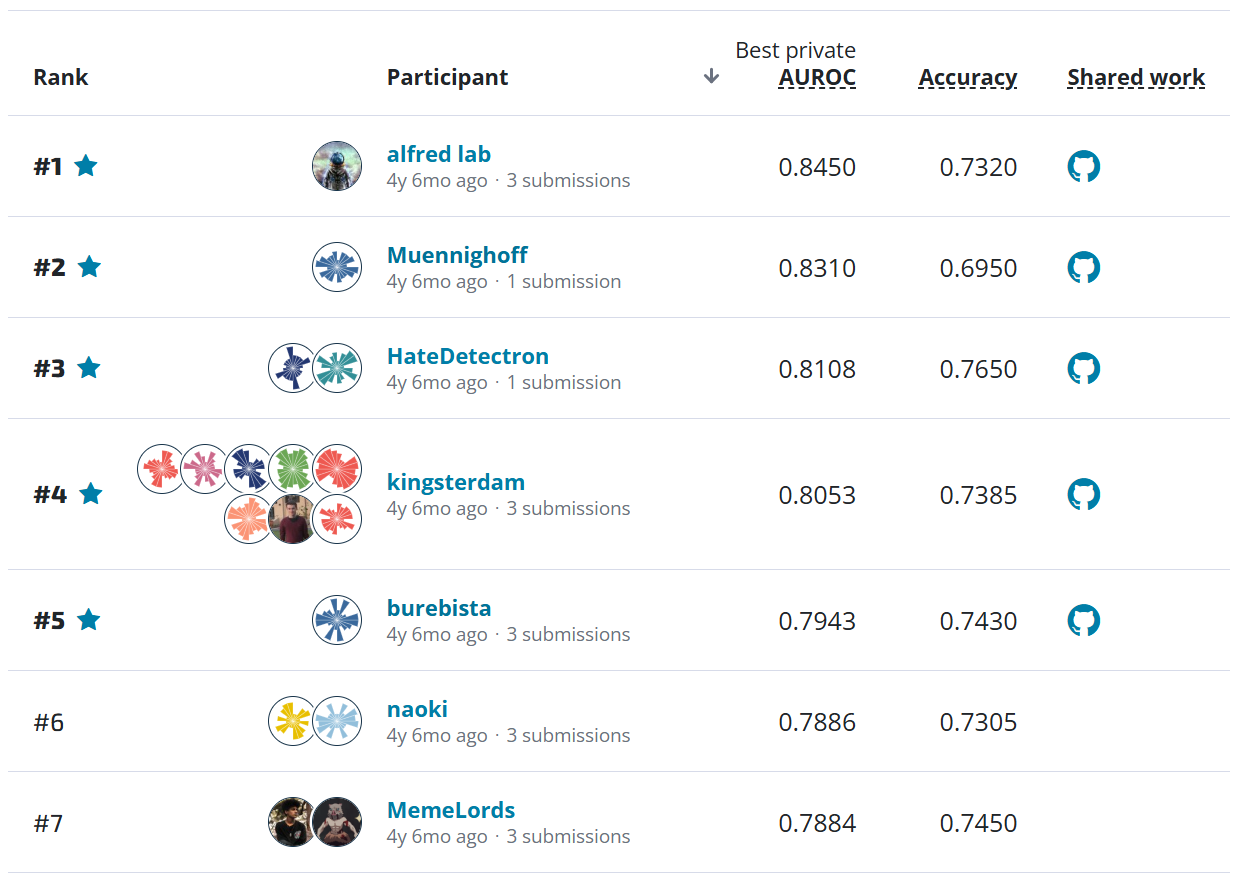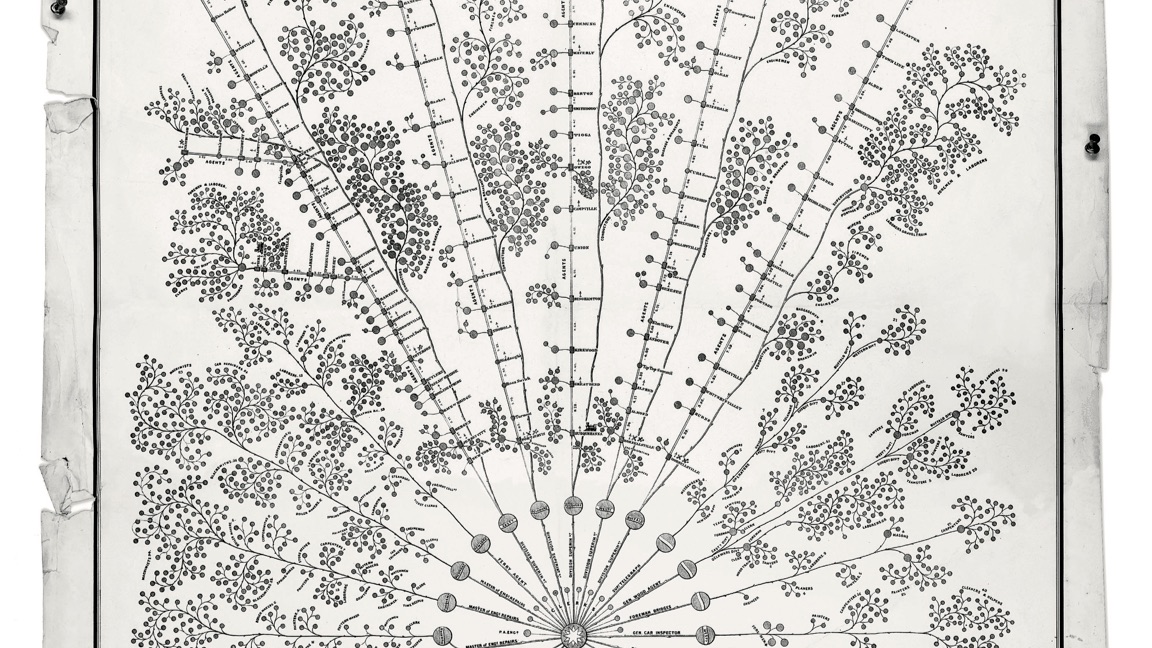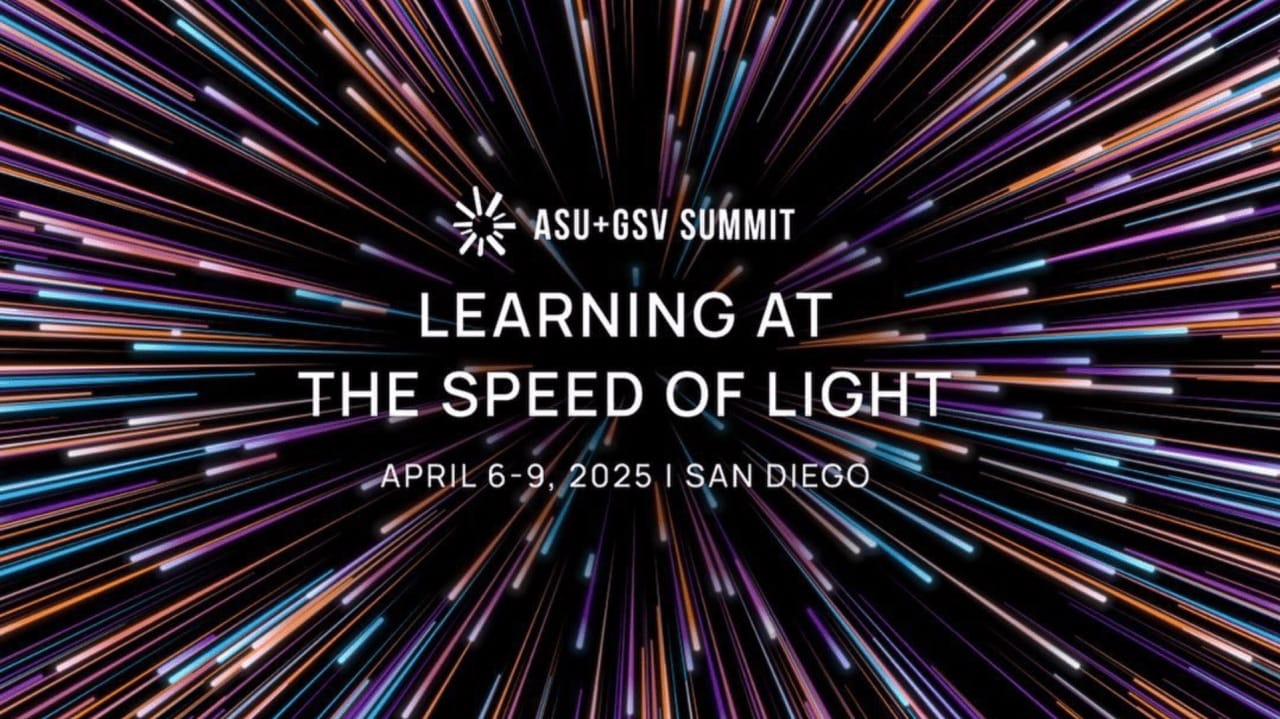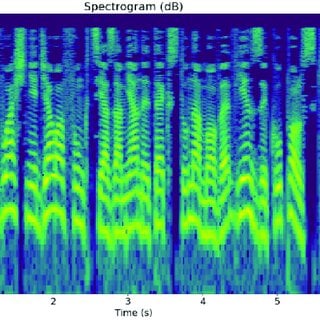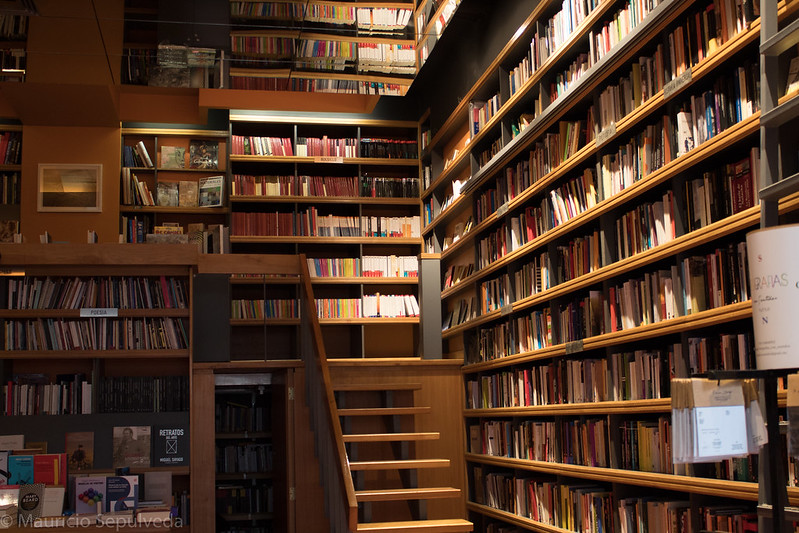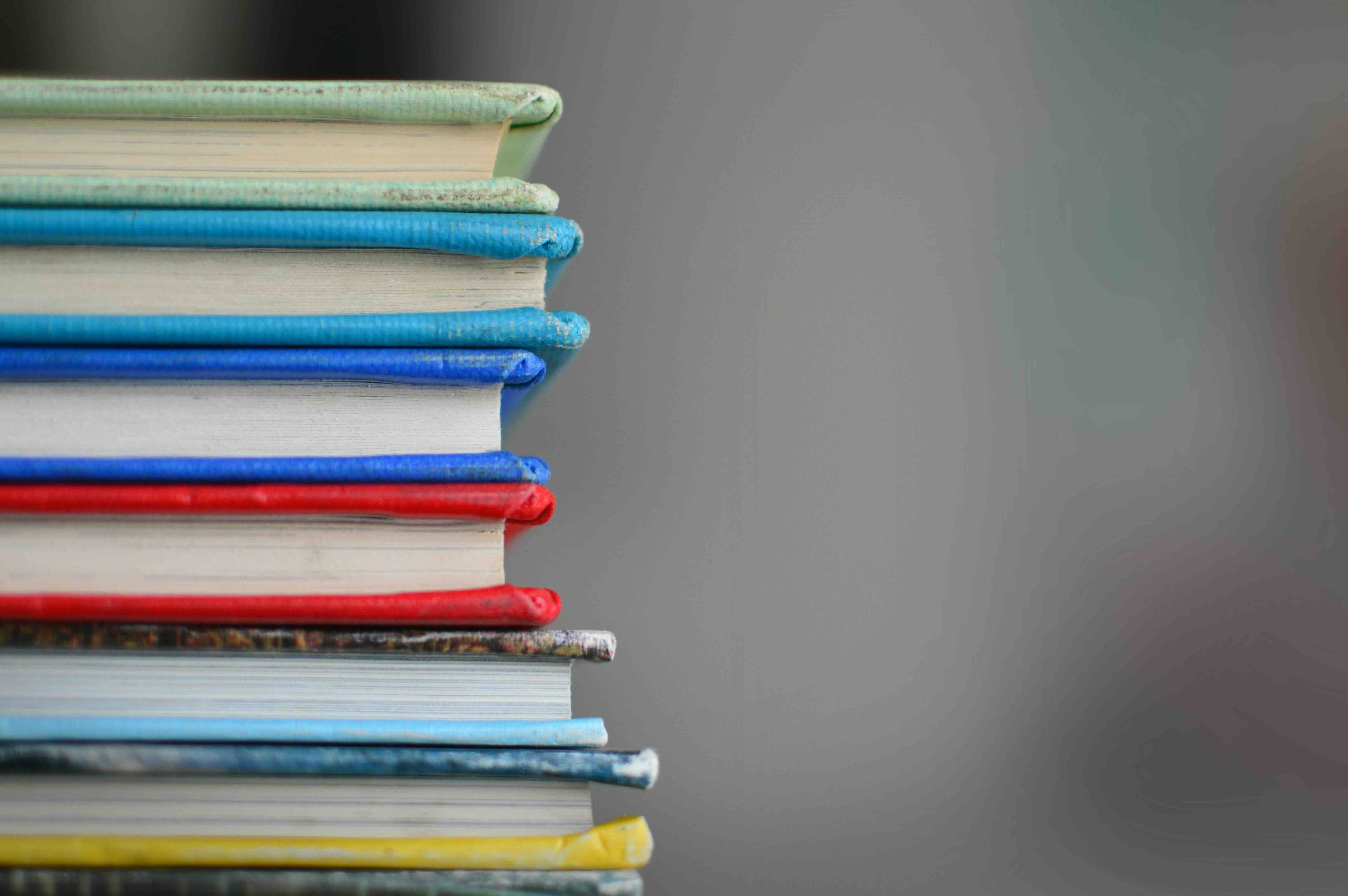
We are starting a new initiative at DrivenData to feature some of the fantastic members in our data science community. The goal of the Community Spotlight is to bring greater visibility to the diversity of expertise, perspectives, and experiences of our community members.
In this post we sit down with Lamia Zaghloul, a winner of the Fog Nets water collection challenge and data analysis consultant in Marseille, France.
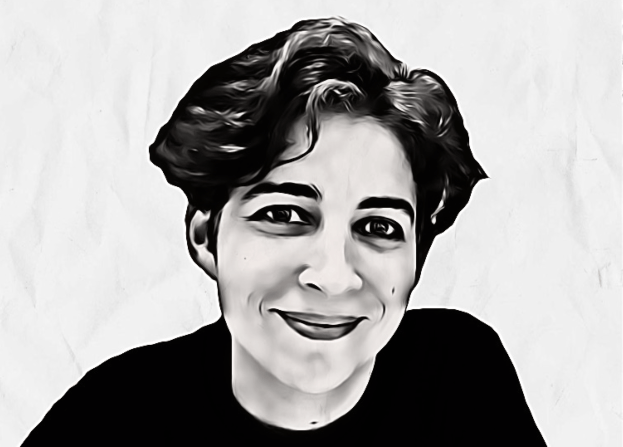
Name: Lamia Zaghloul¶
Hometown: Marseille, France¶
To get started, tell us a little about yourself.
I live in Marseille, and I work doing consultancy in data analysis. I enjoy the variety of the work, from crafting questions, to data analysis, promoting data fluency, and doing data visualization and modeling.
Outside of work, I have been learning Spanish, going on short hikes, and I have joined the bread-making crowd :-) .
How did you get started in data science?
Like a number of data scientists, I used to work in the field of computational biology / bioinformatics which gives you a solid background in statistics and programming and a general taste for data analysis. I first started learning machine learning using available resources and participating in predictive modeling challenges, notably on DrivenData, so I am thankful for your platform.
What motivated you to join a DrivenData competition?
I first participated in the Dar Si Hmad challenge. It caught my attention as I had already heard of their project and found the whole concept of fog nets fascinating. In general, when looking at challenges and competitions, I usually decide if I want to participate based on my interest in the question, who the stakeholders are and what impact I think it can have (both on the positive side and in terms of potential harm).
Also, I look at my knowledge of the particular field, do I have a minimum set of skills to work on the problem? And if not, am I interested in learning more? Challenges can be an amazing way to learn new tools and methods.
Anthropologists [and data for good efforts] shouldn’t only study the poor and powerless, but should use their tools to also "study up" the rich and powerful, even if getting access and data is more difficult.
Is there a particular DrivenData challenge you’ve enjoyed working on?
I really enjoyed both challenges I worked on, which were the fog nets and the penguins. The fog nets challenge was a great learning opportunity for me, as I was just starting to use machine learning tools. Through the penguins challenge, I learned a lot on how to work with geospatial data, and incidentally also on Antarctic geography!
Shout outs: Any good tools, posts, or projects from other developers that you appreciate or think the community might enjoy?
The conference on Fairness Accountability and Transparency has a lot of interesting conversations. The talks and articles are available online.
I like the inspiring posts on Fronkonstin blog, which are open-ended short experiments around creative coding and generative art.
I like this short article Big Data Meets Thick Data, providing links to a number of articles and projects. It deals among other things with the need to combine quantitative data with more qualitative and granular data.
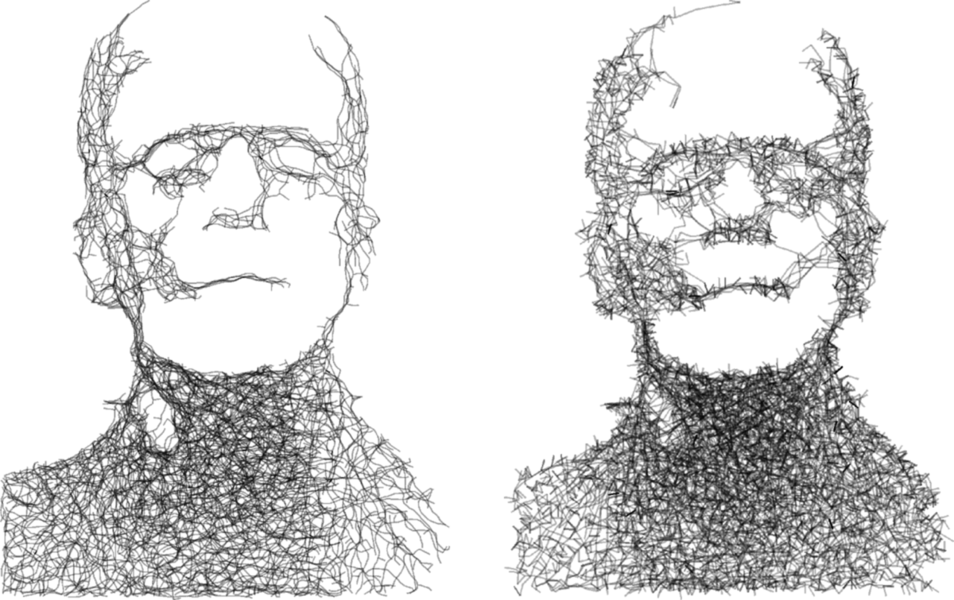
Image from Fronkonstin by Antonio Sánchez Chinchón. See blog for link to code.
If you could run a competition, what would it be about?
I would love for the space of data for good to address questions that use the tools of statistics and machine learning to investigate powerful structures. This is in the spirit of Laura Nader's "studying up" proposition that anthropologists shouldn’t only study the poor and powerless, but should use their tools to also "study up" the rich and powerful, even if getting access and data is more difficult. I would love for example to see a competition addressing tax evasion.
Anything else you want to share with the community? Is there anything the community could help you with?
If some of you are part of a data science team working with R, I am interested in learning about your workflow and best practices. I can be reached at [first name last name]@protonmail.com. Thanks!
Where can the community find you online?
Thanks to Lamia (@lz01) for sharing her thoughts on work, life, and data science! We are excited to feature more great community members. If you think you or someone you know would be a great addition to a future Community Spotlight, let us know!
